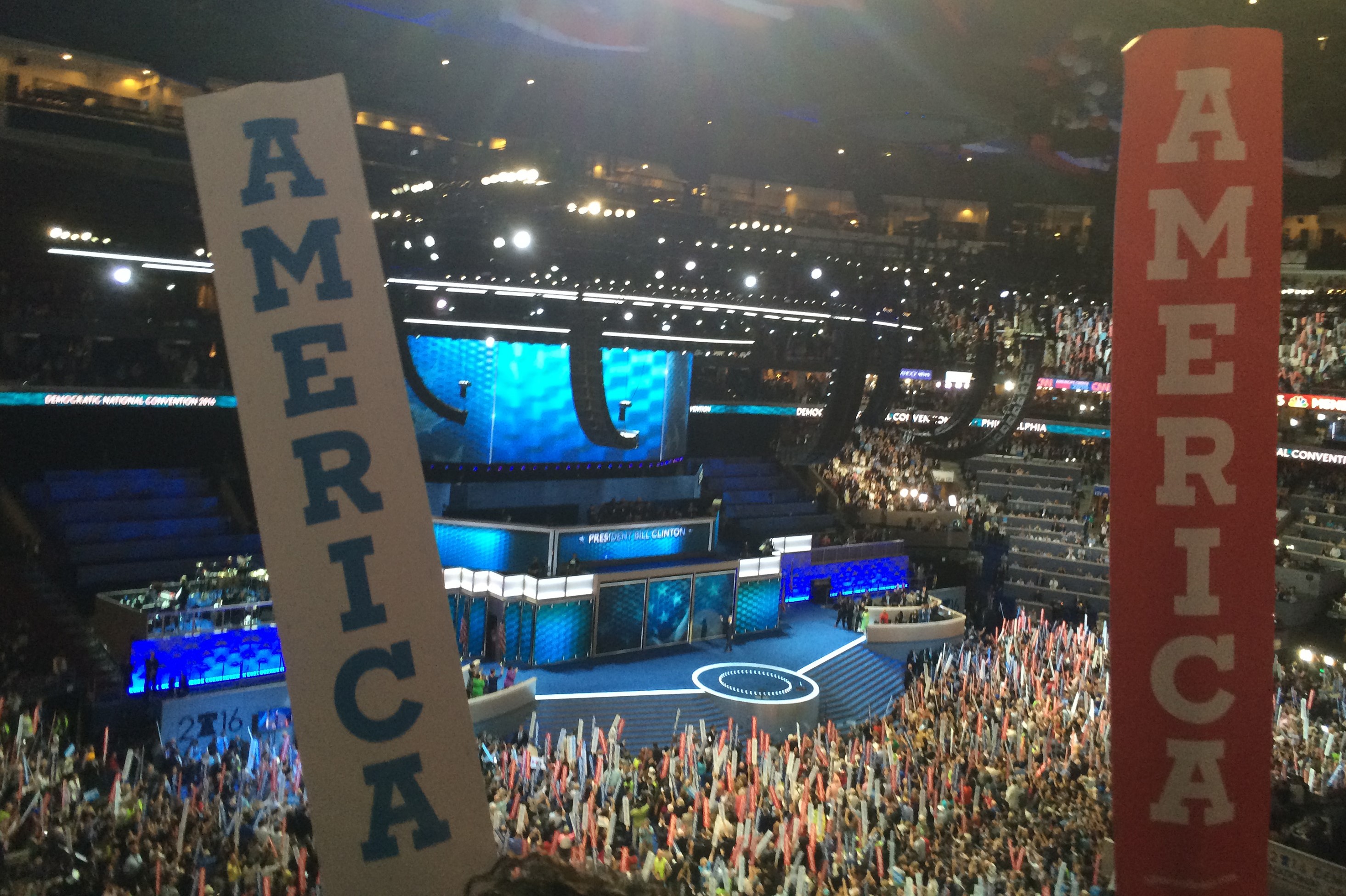Sometimes Normal is the Best Medicine
This is a personal story about how Temple Law has been a community for me. In February of 2016 I was diagnosed with a rare and aggressive form of breast cancer. For a variety of medical reasons, I needed to start chemotherapy immediately. The drugs in question have almost all the horrendous side effects of which you’ve probably heard—hair loss, nausea, problems eating, low energy. For about a month before I received the diagnosis, I had been teaching Property to a first year section, as I have done here at Temple for many, many years. The class seemed to me to be going well, and—though several of my colleagues offered to take over teaching it—I did not want to give it up and become a full-time patient. On the other hand, there was no way the students would, over time, fail to notice that something was going on with me. The drugs were going to have a visible effect. “Everyone I’ve told so far has asked if there is something they can do. And my …











